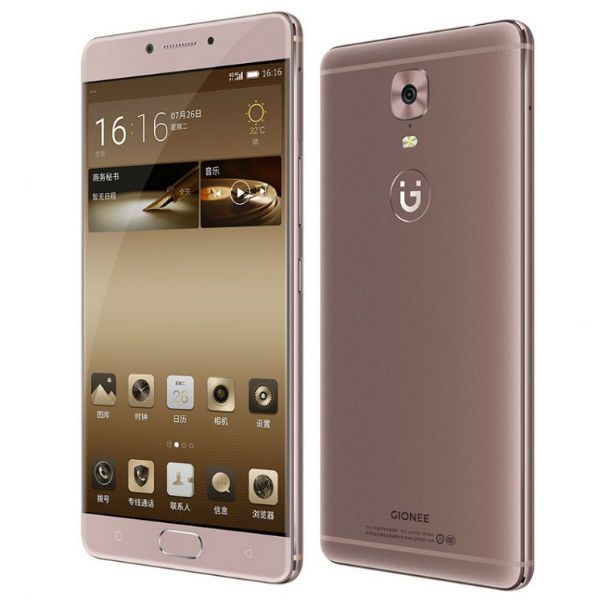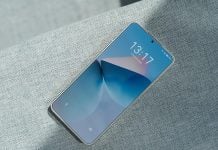
HTC has sued Gionee and Meizu in China over alleged patent infringement. The patent being infringed is the concept of a mobile device with a metal chassis, with a specific antenna structure. The invention aims to solve the technical problem of poor radiation signals caused by the shielding of the metal casing, and to design an antenna structure that can be combined with a metal appearance.
If you’re aware of any of HTC’s metal devices, you’ll be familiar with this setup. HTC has been using it since the One M7. Now for the case, HTC claims that Gionee infringed on the patent with the Gionee M6, another full metal device that to be frank, does use the same setup of antennae like the HTC devices. Meizu’s device on the other hand is their M5 Note, another mid-range full metal device.
EDITOR’S PICK: Honor MagicWatch 2 Limited Edition unveiled with unique design choices

The Beijing Court of Intellectual Property concluded the two cases did in fact infringe the patent right of the invention. The M6 mobile phone infringed on the invention patent right of “mobile device” No. 201310032515.5, and sentenced the defendants to stop infringement and compensate for economic losses and reasonable expenses.
HTC requested that Meizu compensate 30 million for economic losses. Gionee on the other hand was asked to compensate for economic losses of 24 million yuan, as well as pay for a temporary protection period of 1.6 million yuan. Meizu and Gionee argued against non-infringement, and argued that the plaintiff claimed that the amount of compensation was too high.

During the pre-trial meeting, the Beijing Intellectual Property Court organized the parties to determine the matters of entrusted identification. The appraisal agency issued a “Judicial Appraisal Opinion”, which states that both devices infringe on multiple aspects:
- The product involved in the case includes components on the metal layer;
- The antenna structure of the product involved includes the following components: First feed Parts, upper parts of the metal layer, connecting parts, first slot holes, metal shell;
- The first slot holes are not configured with metal or electronic parts.
Beijing Intellectual Property Court held that some of the data provided by HTC were extrapolated, and the profit margin and patent contribution also lacked sufficient evidence to support it. However, even with a lower profit margin and patent contribution, the calculated amount of compensation has clearly exceeded the statutory maximum limit of one million yuan stipulated in the Patent Law.
Therefore, the Beijing Intellectual Property Court, on the basis of the statutory compensation ceiling, determined that Meizu needs to compensate 3 million yuan for economic losses, while Gionee Corporation compensated 2.6 million yuan for economic losses. This, paired with payments for lawyer fees, totals at 6.5 million yuan in terms of total compensation.
UP NEXT: Gionee Steel 5 launched in China; Specifications, features and price
(Source)







